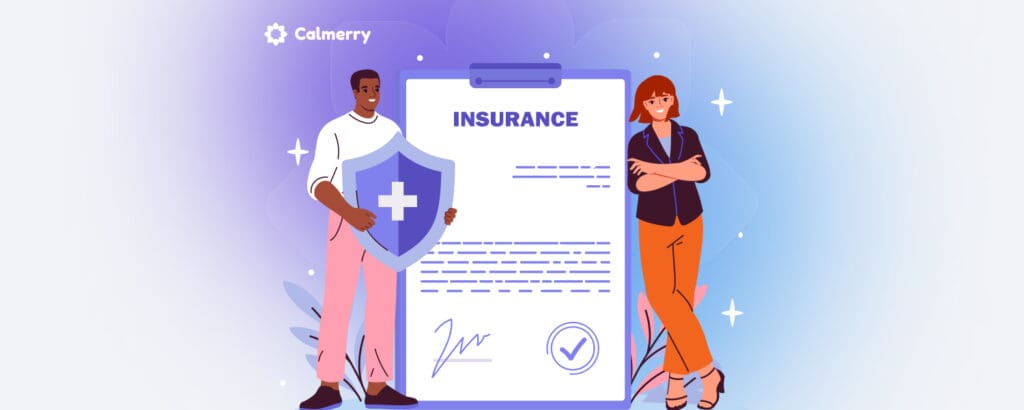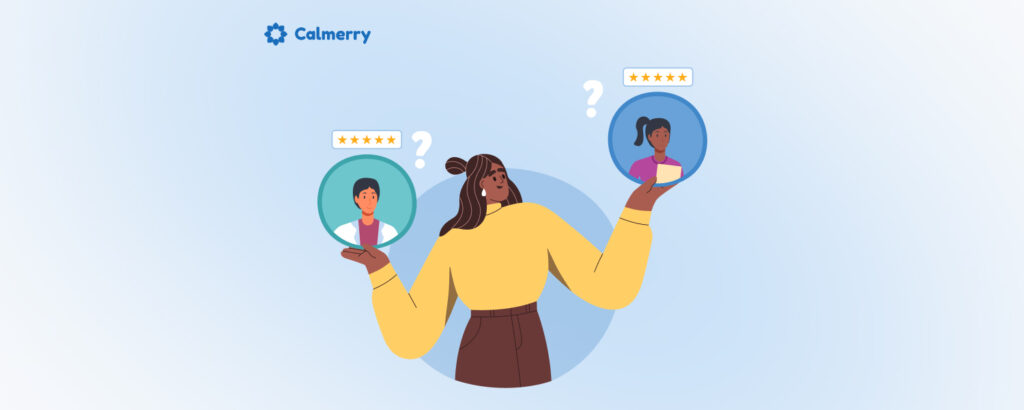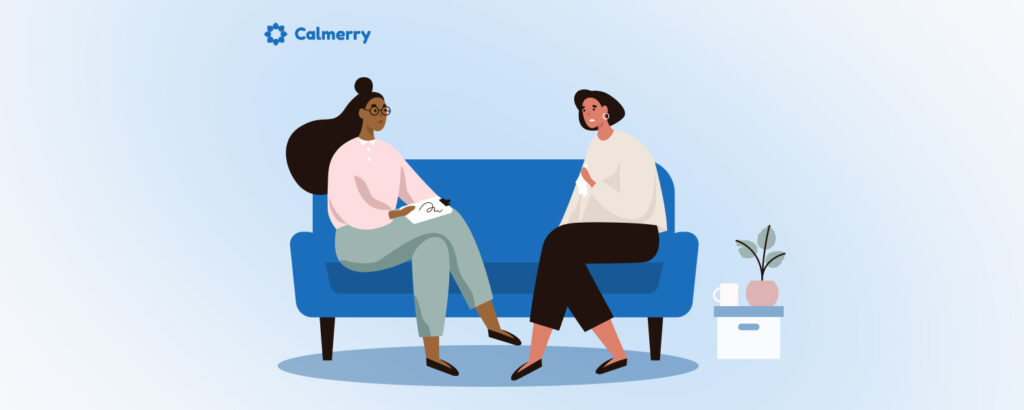Therapy Without Insurance: 7 Affordable Options for Mental Health Support
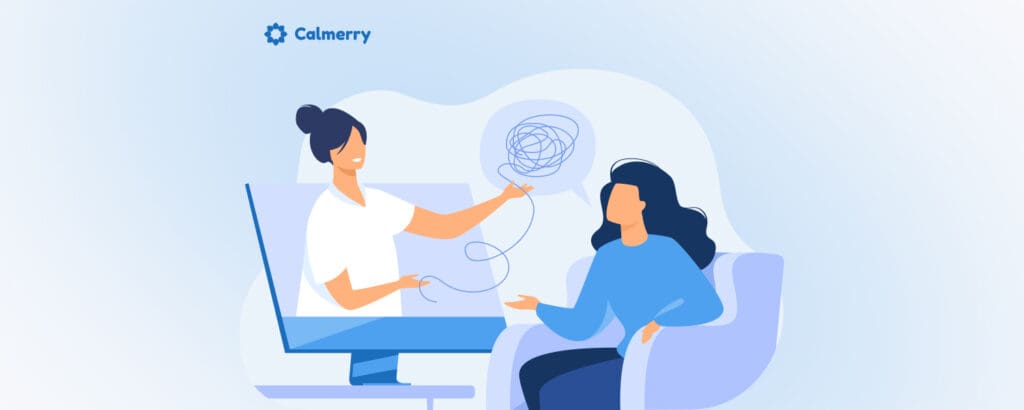
In 2023, a staggering 42% of US adults with a diagnosable mental health condition reported that they could not afford the treatment they needed.
Some quick math: a typical therapy session without insurance costs between $100 and $200, and it often takes 15 to 20 sessions to start seeing improvements. So, if your therapist recommends 20 sessions and each session costs $150, the total cost would be $3,000. And this can quickly add up.
At the same time, lots of people lack mental health insurance. The reasons are various:
- Unemployment or working in jobs that don’t offer health benefits.
- High premiums and out-of-pocket costs.
- Some health insurance policies don’t include or limit therapy coverage.
- Social stigma around mental health.
- Bureaucracy: lengthy application procedures, confusing eligibility criteria, and difficulties in getting claims approved.
We believe that mental health care should be accessible to all. Here are some viable alternatives to help you access it without breaking the bank.
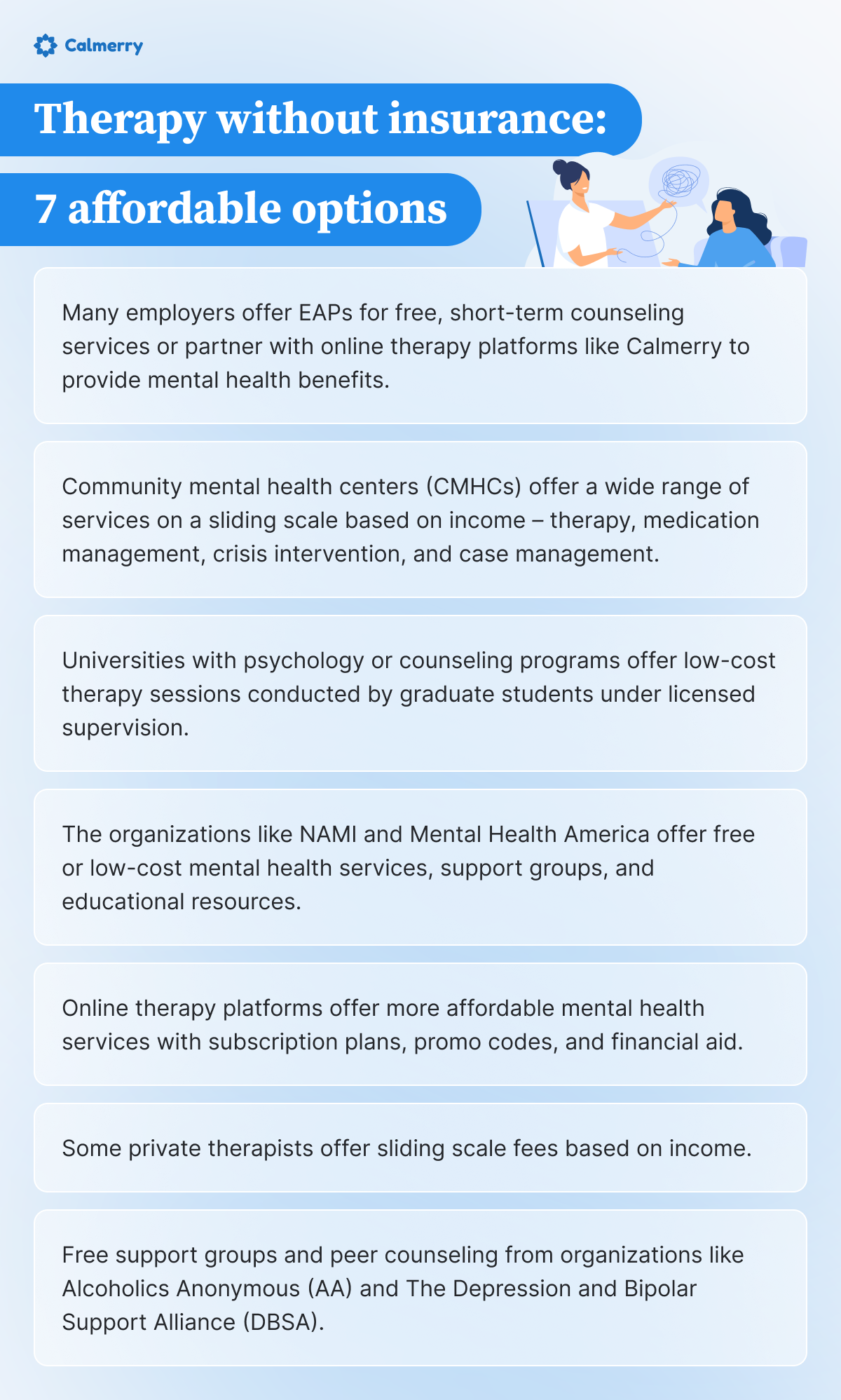
1. Employee Assistance Programs (EAPs) and other mental health benefits
In the US, covering mental health services is not just a favor but often a legal obligation under various labor laws and regulations.
For example, employers are required to provide reasonable accommodations for employees with mental health conditions under the Americans with Disabilities Act (ADA)
The Mental Health Parity and Addiction Equity Act (MHPAEA) requires health insurance plans that provide mental health and substance use disorder benefits to offer them at parity with medical and surgical benefits.
And the Affordable Care Act (ACA) also mandates that most health insurance plans cover mental health and substance use disorder services as essential health benefits.
Many employers offer Employee Assistance Programs (EAPs) as part of their benefits package.
EAPs typically provide free, short-term counseling services and can be a valuable resource if you need immediate support. These programs can help employees manage personal issues that might affect their work performance, health, and overall well-being.
Employers provide mental health benefits via Calmerry
Calmerry partners with companies from any industry, including recent partnerships with non-profit organizations.
Through these partnerships, employees can access online therapy, counseling, and coaching on our platform with licensed, trained mental health professionals. This includes live video sessions and asynchronous messaging when convenient for you.
Encourage your HR managers or leadership to explore these partnerships for better mental health support at work.
2. Community mental health centers (CMHCs)
Community mental health centers offer services on a sliding scale based on your income. It means that rates are adjusted according to your ability to pay. These centers are often funded by local, state, and federal government agencies.
CMHCs offer a wide range of services designed to meet the diverse needs of their communities:
- Individual/group therapy: CMHCs provide both one-on-one therapy sessions and group therapy, which can be beneficial for individuals experiencing similar issues.
- Medication management: for those who require medication as part of their treatment plan, CMHCs typically offer medication management services to ensure proper use and effectiveness.
- Crisis intervention: these centers often have resources for immediate crisis intervention for individuals experiencing acute mental health crises.
- Case management: CMHCs often provide case management services to help clients navigate the mental health system, access additional resources, and create comprehensive treatment plans.
3. University clinics and training centers
Many universities with psychology or counseling programs offer low-cost therapy sessions through their training clinics. These sessions are typically conducted by graduate students under the supervision of licensed professionals.
Check university websites, use online directories like the Association of Psychology Training Clinics (APTC), or contact your local health department.
Services offered:
- Individual therapy
- Group therapy
- Family and couples therapy
- Assessment and testing
- Specialized programs
Benefits
- Low-cost sessions, often on a sliding scale based on income.
- Supervision by licensed professionals to ensure effective treatment.
- Available to both students and community members, with no insurance required.
Downsides
- Appointments may be limited due to high demand and academic schedules.
- Graduate students, though supervised, may have less experience than seasoned professionals.
- Services are usually located on or near university campuses, which may not be convenient for everyone.
4. Non-profit organizations
Various non-profit organizations provide free or low-cost mental health services.
Organizations like the National Alliance on Mental Illness (NAMI) and Mental Health America (MHA) offer resources and support groups that can be invaluable for those seeking help.
These organizations also provide educational materials and can connect you with additional resources in your area.
5. Online therapy platforms
Online therapy platforms offer a convenient and often more affordable way to access mental health services.
Prices vary, but many platforms provide subscription plans that can be more budget-friendly compared to traditional in-person therapy.
Additionally, some platforms offer financial aid or sliding scale fees based on your income.
How much is online therapy without insurance?
The cost of online therapy without insurance can range from $60 to $120 per session, depending on the platform and the therapist’s qualifications.
Many platforms offer subscription plans that can reduce the overall cost. Basic plans may start around $50 to $80 per week, with services like unlimited messaging and a set number of live sessions.
Some platforms also provide financial aid or sliding scale fees based on income, as well as discounts for new users.
Overall, online therapy platforms offer flexible and cost-effective alternatives to traditional in-person therapy.
Check out the article, where we break down all Calmerry plans and prices.
6. Sliding scale private practices
Some private practice therapists offer sliding scale fees based on your income. These fees change according to your income, which allows more people to access therapy.
When looking for a therapist, ask if they offer sliding scale fees, as many therapists are open to adjusting their rates based on financial situations.
7. Support groups and peer counseling
Support groups and peer counseling can provide emotional support and coping strategies at little to no cost.
Organizations like Alcoholics Anonymous (AA), Depression and Bipolar Support Alliance (DBSA), and local mental health associations often host free support groups.
Peer counselors are individuals who have experienced similar issues and can offer guidance and understanding from a personal perspective.
Calmerry – affordable online therapy without insurance
At Calmerry, we are committed to making therapy accessible to everyone, regardless of insurance status. And this is the core of our mission.
You will get help from a licensed, trained, and experienced therapist – online, but at a reduced cost. Here are some additional cost-saving measures we provide:
- Promo codes for the first month: apply promo codes at checkout to save up to 30% on your first month.
- Financial aid: after your first month, you can receive up to 30% off for the next three months.
- Free self-help tools: our app offers guided journaling exercises, a mood tracker, a library of expert-created materials, assessment tools for anxiety and depression, and weekly progress reports – all designed to support your mental well-being.
The Calmerry app is available for free on both Android and iOS devices. Simply register, complete a survey, skip choosing a plan, and access your account to use these tools.
For those without insurance, Calmerry provides an accessible solution for the mental health support you need.
online therapy
live video session

